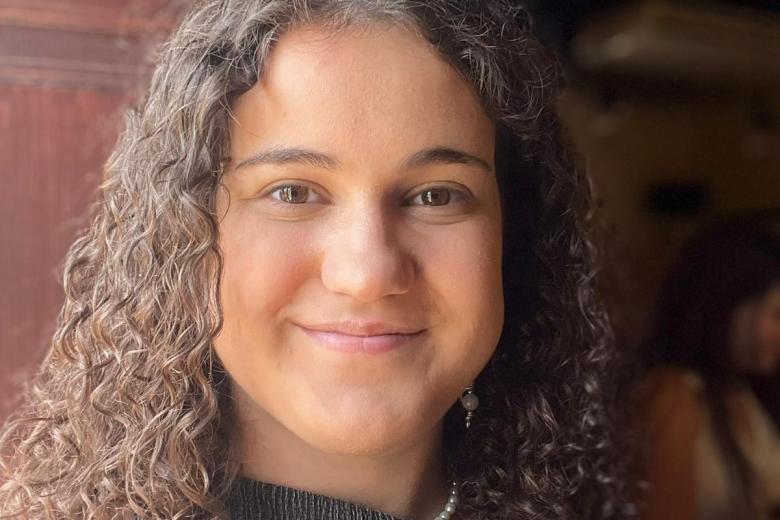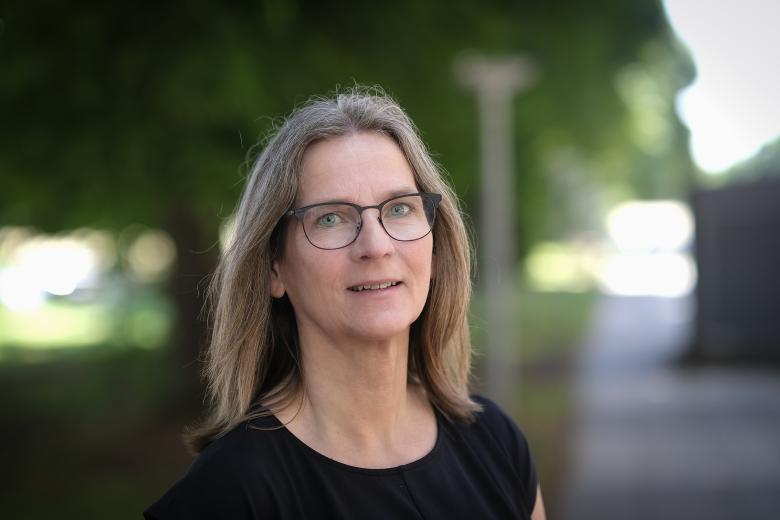All for one & one for all: how to stimulate more inclusive research?
Participation in scientific research can be difficult or impossible for some groups in our society. As long as certain groups are excluded from research, we will not have a complete understanding of that which we are studying and the societal relevance of research is reduced. This project aims to increase awareness about this topic and gives us the possibility to investigate and disseminate best practices of inclusive research methods.
In the first part of this project we will conduct a survey among UM research staff to collect information about which barriers and facilitators are experienced. In the second phase we will collect best practices of inclusive research methods. In the third phase we will share the results widely and organize an UM-wide symposium about inclusivity in research. We hope to stimulate critical reflections on current practices, stimulate discussions about challenges and exchange practical, evidence-based steps to overcome them.
This project is a joint collaboration between colleagues from the Faculty of Health, Medicine & Life Sciences (Latifa Abidi, Gera Nagelhout, Hans Bosma, Julia van Koeveringe, Nikita Poole) Faculty of Psychology & Neuroscience (Jessica Alleva), the Faculty of Arts & Social Sciences (Anna-Lena Hoh, Mareike Smolka), ‘Maastricht voor Iedereen’ (Brigitte van Lierop) and IVO Research Institute.
The project received an UM Diversity & Inclusivity (D&I) grant for projects which produce a sustainable impact and help make UM an inclusive organisation.
Also read
-
Alba Villagrasa Martín - The world of innovative personalised medicine
You must have heard about the extensive waiting lists for people who need organ transplants. Perhaps you spoke to someone dealing with limited mobility after a complex fracture. So, you worry about the future and what could happen if you fall ill or have an accident. But in the future, we’re heading...

-
Mental health services urgently need to address lifestyle
Mental health services need to increase investment in lifestyle interventions to improve care and narrow the 15-year life-expectancy gap for people with mental health conditions, according to a new report by The Lancet Psychiatry Commission. Maastricht University scientist Jeroen Deenik is one of...

-
Assessment is beautiful
While the Dutch word for assessment (toetsen) often carries a negative connotation, Desirée Joosten-ten Brinke sees it as something quite beautiful.
